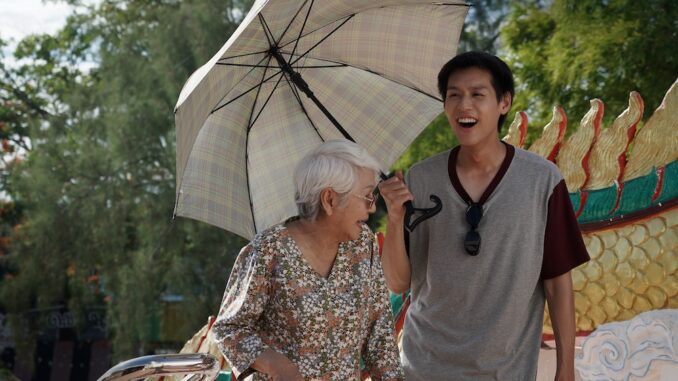
“You’re going to cry when you watch How To Make Millions Before Grandma Dies,” warned every person who watched the film.
Even knowing that, I cried anyway. Multiple times. Tearing, ugly crying, choking down sobs – I did it all. I brought a small packet of tissues that, thankfully, lasted me through the show. But that wasn’t what I really needed when watching the movie. TWhat I needed were some bandages – for my heart. Because that’s what really hurt, all throughout the show, and that’s what made me reconsider several key, estranged relationships in my life. But that’s another post, for another time.
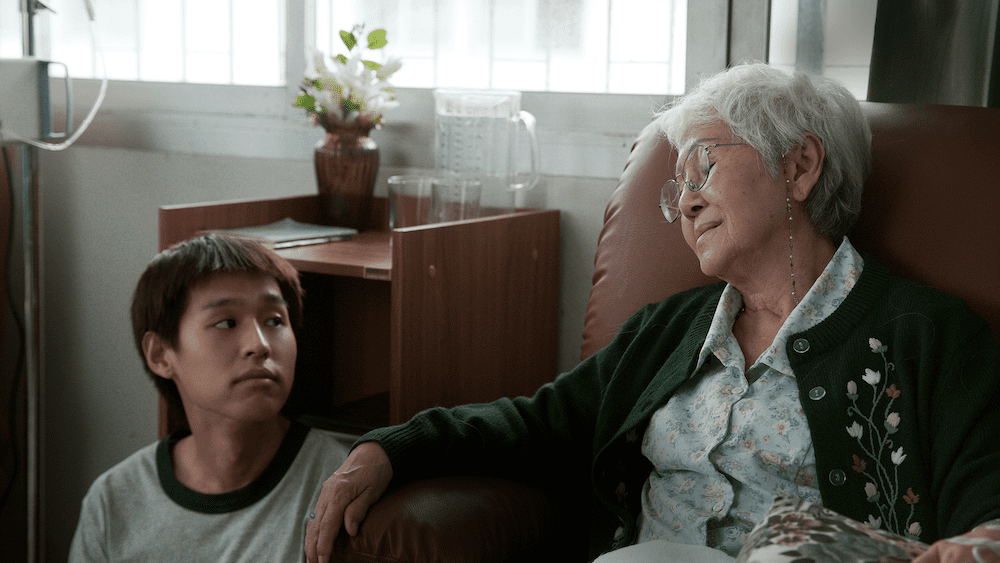
(Credit: GDH, Golden Village Pictures)
Synopsis
How To Make Millions Before Grandma Dies is a drama in Thai. It revolves around a grandson trying to take care of his terminally ill grandmother, in an attempt to gain a large inheritance from her. In the process, he matures, learns about the true meaning of family, and what familial love is.
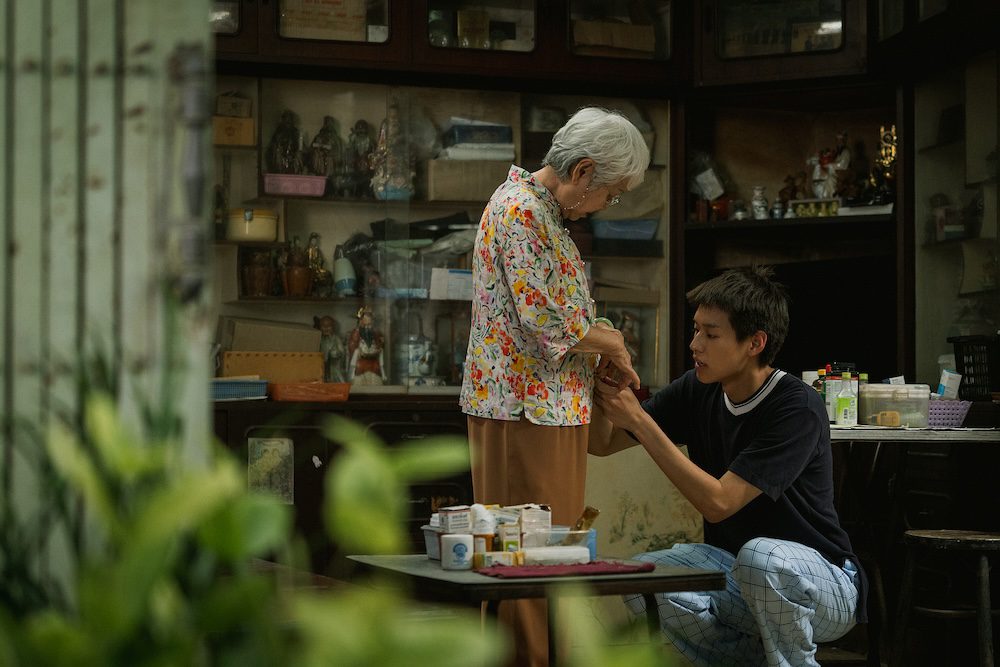
(Credit: GDH, Golden Village Pictures)
Director: Pat Boonnitipat
Writers: Pat Boonnitipat, Thodsapon Thiptinnakorn
Cast:
- Putthipong Assaratanakul (M)
- Usha Seamkhum (Mengju “Amah”)
- Sarinrat Thomas (Chew)
- Sanya Kunakorn (Kiang)
- Pongsatorn Jongwilas (Soei)
- Himawari Tajiri (Rainbow)
- Tontawan Tantivejakul (Mui)
- Duangporn Oapirat (Pinn)
Running time: 127 minutes
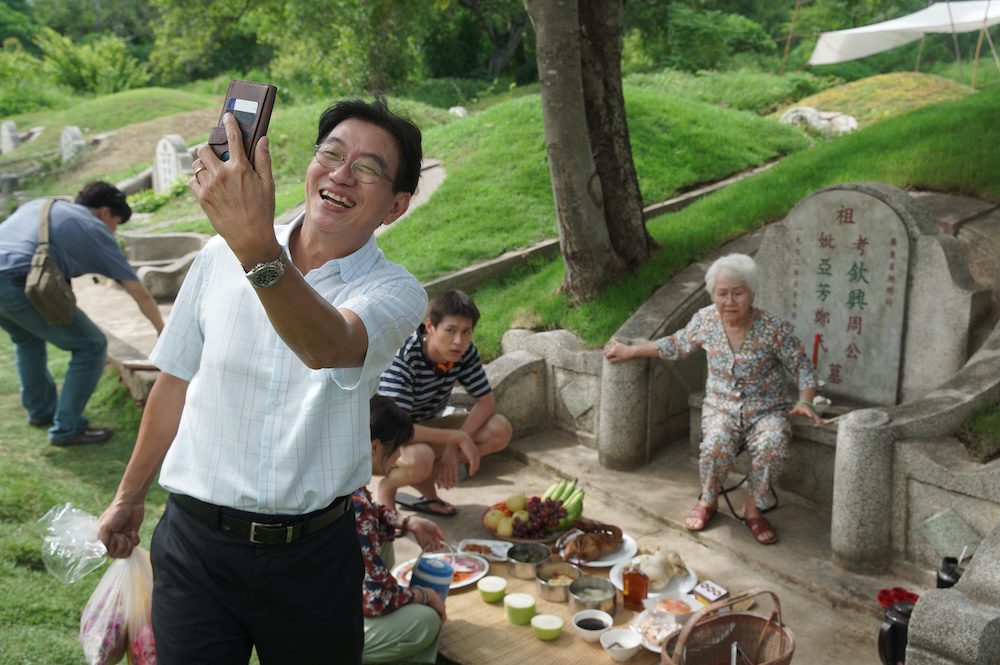
(Credit: GDH, Golden Village Pictures)
Usha Seamkhum grows on you with a surprisingly touching performance
Amah (Usha Seamkhum) is introduced in the typical way that dramas like these do it – a grumpy, crotchety old grandmother who finds fault with everything that youngsters do. Having experienced that from many elderly (generally from unrelated elderly, related ones are actually rather nice) – I was prepared to write her off and expect her eventual conclusion in the movie. I hope this is not a spoiler, because from the genre and reactions, you can more or less guess what’s going to happen in the movie.
And yes, I couldn’t stand her for the first Act. I wondered why this sort of elderly entitlement was supposed to be endearing to me. But it’s precisely because of this tough-as-nails exterior, precisely because of all the walls that she put up, that I could connect with her when she finally softens in the movie.
Because she hides her fear and pain behind a grumpy facade – just like me, like you, like everyone else.
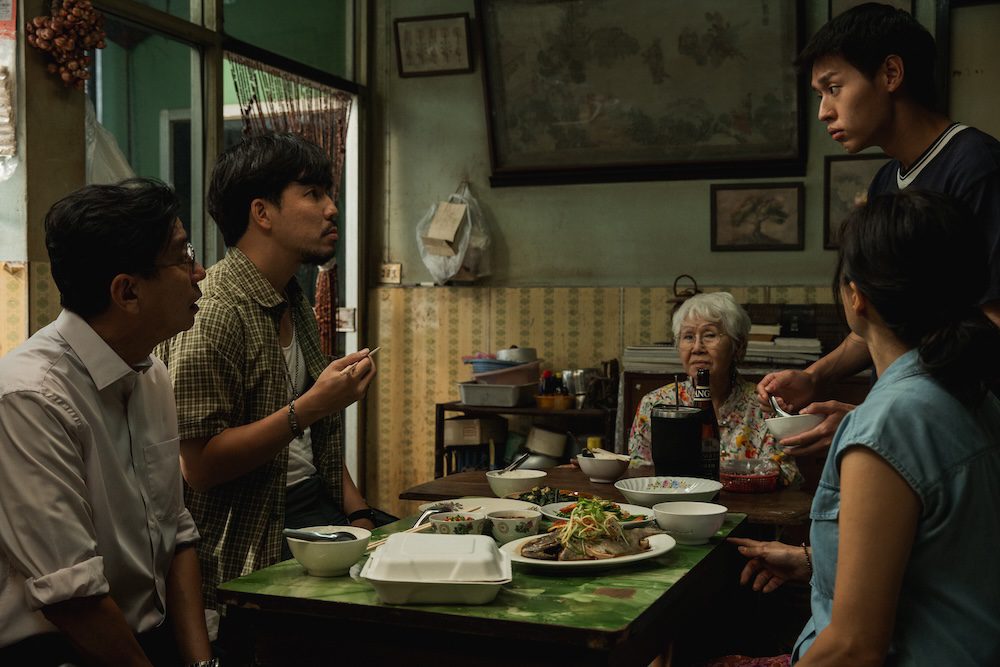
(Credit: GDH, Golden Village Pictures)
The unspoken ways that Asians love each other
There’s that (partially toxic) quote that goes like this: “Just because someone doesn’t love you the way you want, doesn’t mean they don’t love you with all of their heart.” And that’s exactly what I was reminded of in the show – all the quiet, subtle ways that love can be shown across all ages. Through actions, through money, through words unspoken. It’s a good reminder that the irritating things that family members do, can really be gestures of love for us. I mean, I’m Asian, and even I was moved by this. And it doesn’t just apply to family too – it applies to all sorts of relationships. Asian love may be hard to see, but it’s there.
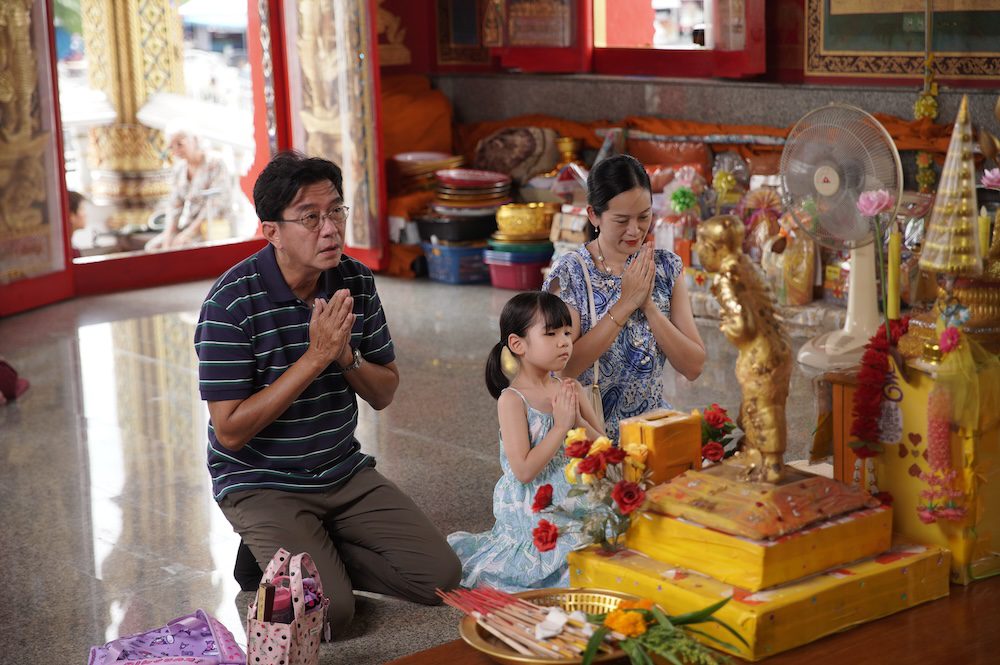
(Credit: GDH, Golden Village Pictures)
Different family types on display
In Western films, it’s common to see different types of family units represented in films. There’s little shame in showcasing that aspect of society. But in Asian films, non-conventional family units aren’t exactly welcomed with open arms. I mean, just look like national policies in Southeast Asia. So to see that Amah’s offspring all have different types of family units, that she herself has an unorthodox family unit when interacting with M (Putthipong Assaratanakul) – that feels more reflective of reality, and a more authentic snapshot of today’s world.
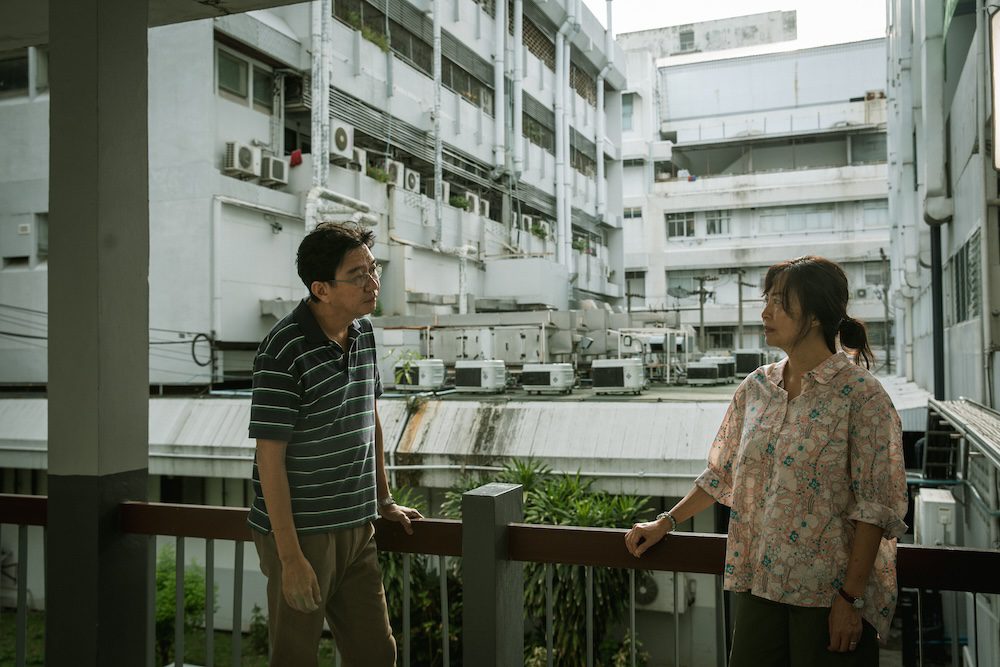
(Credit: GDH, Golden Village Pictures)
Changed my mind about the elderly
My experiences with the elderly have been largely negative – entitlement is the key attitude that I frequently witness. And again, how Amah behaves in the first Act is an expression of that entitled attitude that gets under my skin. But later on, there’s a scene when Amah involuntarily reveals her own desire to have her parents comfort her. It was a stark reminder that the elderly are human too. And just like how Amah keeps a soft interior within a tough, prickly shell – it also made me reflect on the entitled behaviour of many elderly. Yes, perhaps some of them are truly entitled – but not all of them are. In many ways, we hide our weaknesses by keeping people away from us, and it’s something to bear in mind in my future interactions with the elderly.
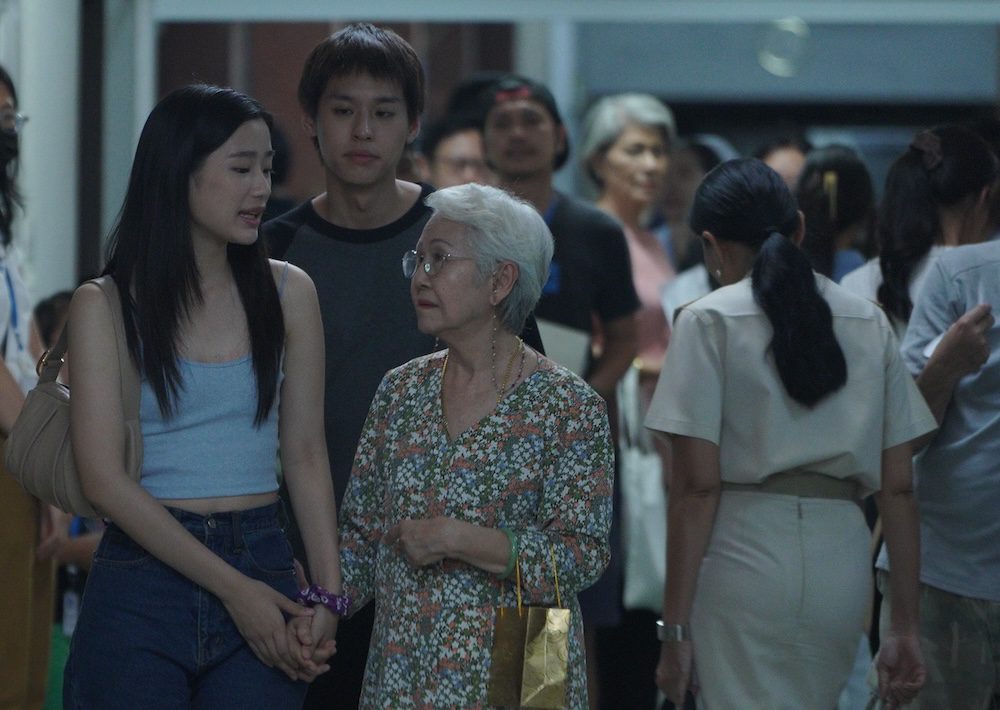
(Credit: GDH, Golden Village Pictures)
The yearning to be loved – the most
There’s a scene where one of the main characters laments about not being loved… enough. That despite doing so much, that character doesn’t feel the love they deserve. That no matter what they do, they’ll never attain first place in a person’s heart (this is familial love, by the way).
It’s taboo to talk about it, but that’s also how humans (I am also a human, by the way) feel. That we want to be the first place in someone’s heart. That yearning to be the most important person in someone’s life.
It’s a horrible thing to say, but it isn’t always enough to be loved. Sometimes we need to be loved – the most.
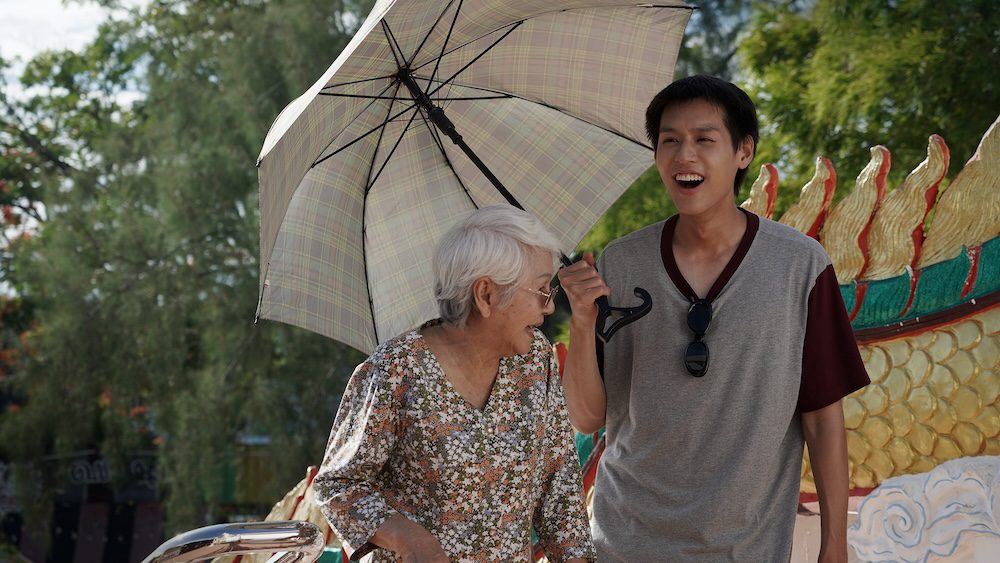
(Credit: GDH, Golden Village Pictures)
Luxury doesn’t quite look that luxurious
One aspect of the film that disrupted my suspension of disbelief was the portrayal of lavish lifestyles. Understandably, it wouldn’t make sense to devote too much of the film’s budget to scenes that don’t take up all that much screen time. But honestly, the wealthy individuals in the show don’t look all that rich. They just look like regular middle-income folk, with very unconvincing sets depicting a wealthy lifestyle. It’s a small part of the movie, but it’s an important part.
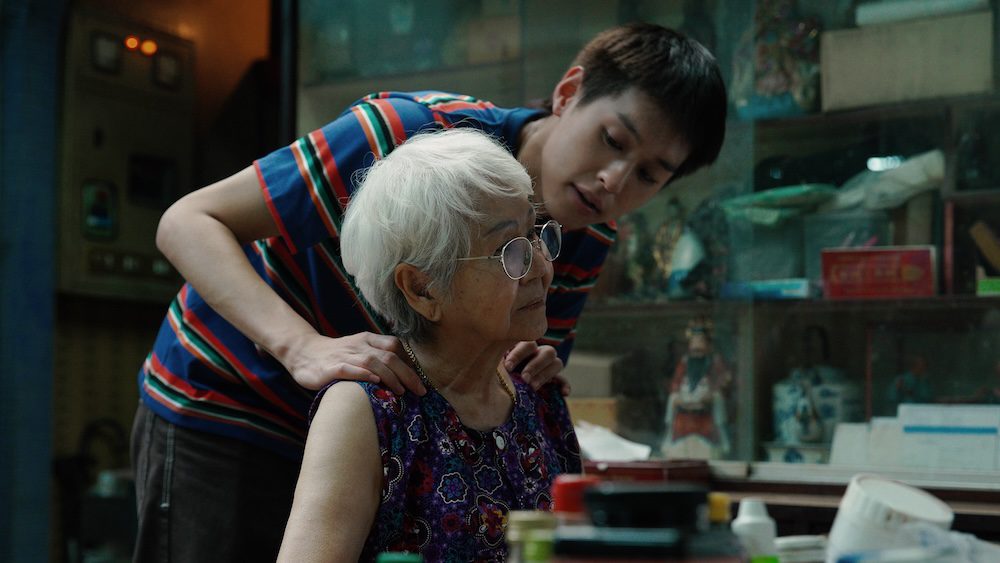
(Credit: GDH, Golden Village Pictures)
Should you watch this?
Beyond the dramatic merits of the film, there’s a message about love and families. For me, it changed my mind – okay, softened my perspective – about the elderly. It also made me reconsider how I relate to certain family members. For a film to deliver a message in such a way that it’s embodied in the audience (like me) after that speaks to the strength of its storytelling. How To Make Millions Before Grandma Dies is a tearjerker that is, at its heart, a good story.
Score: 7/10
How To Make Millions Before Grandma Dies is in cinemas now.
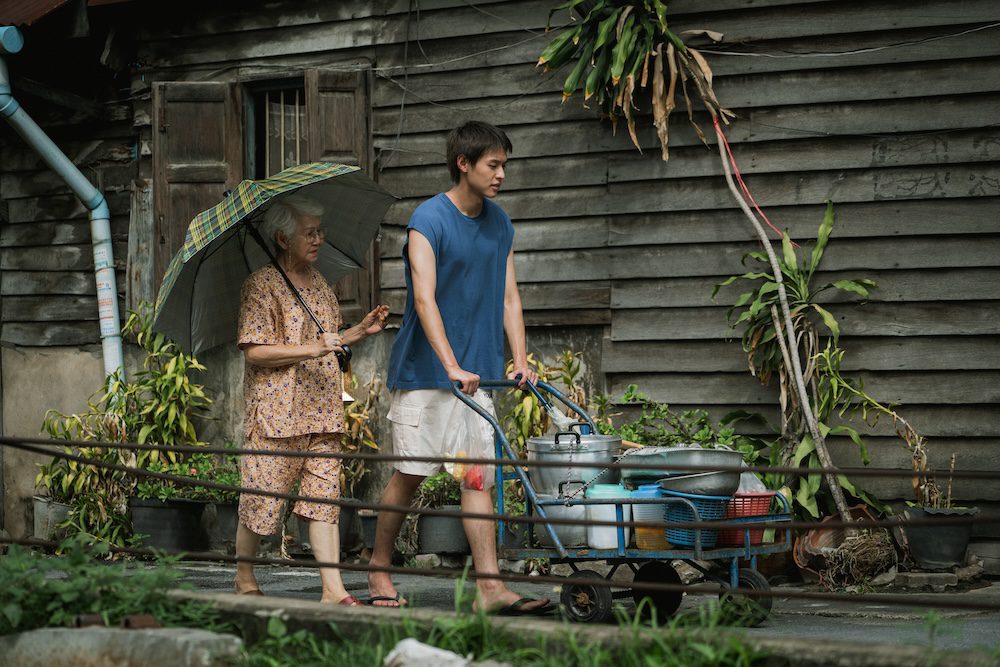
(Credit: GDH, Golden Village Pictures)
This is an original article on marcusgohmarcusgoh.com
Leave a Reply